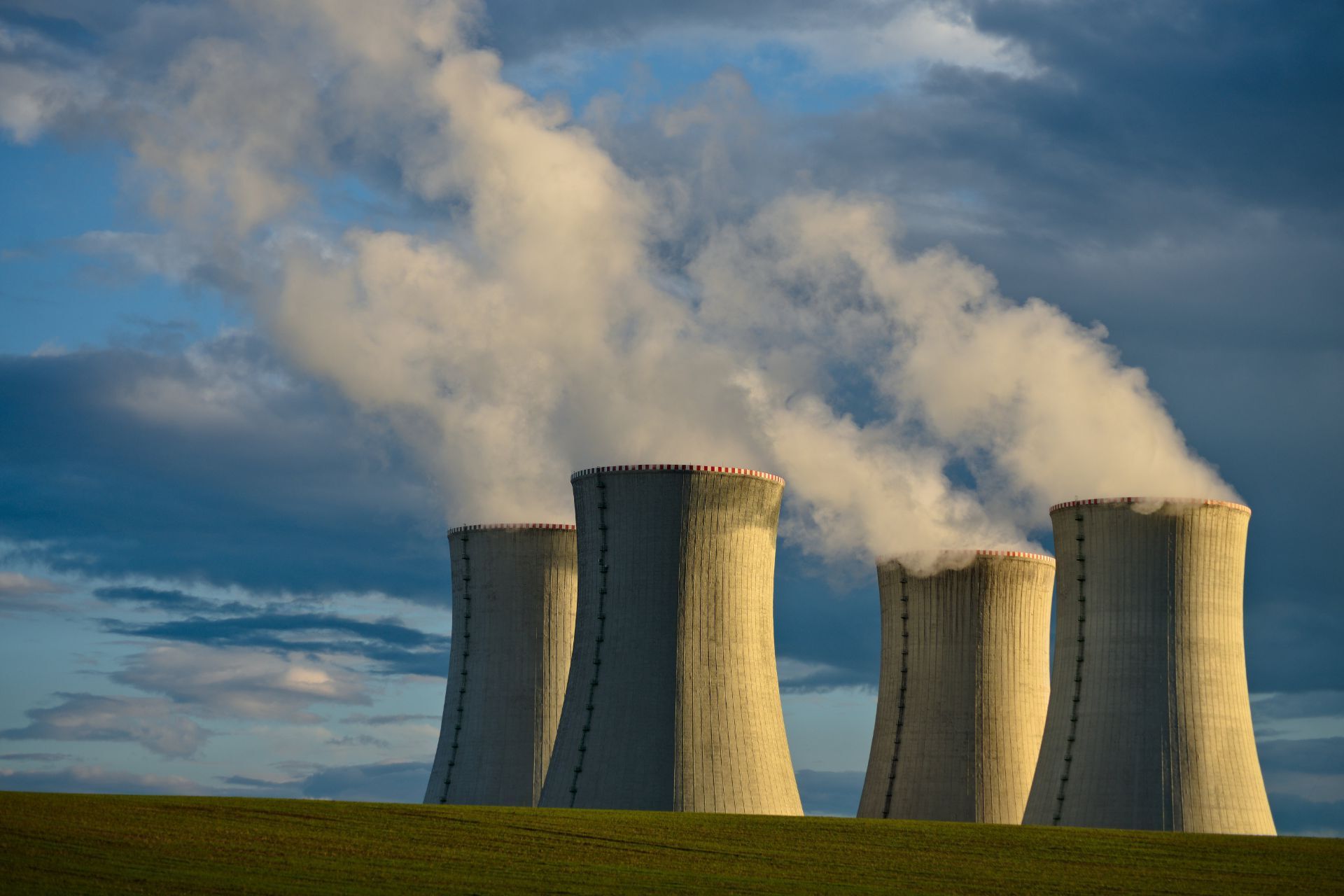
Nuclear energy is a powerful force that has shaped modern society in countless ways. From powering homes to propelling submarines, its impact is undeniable. But how much do you really know about this incredible energy source? Did you know that nuclear power plants produce electricity without emitting greenhouse gases? Or that the first nuclear reactor was built in 1942? Nuclear energy is not just about power; it's also used in medicine, agriculture, and even space exploration. Whether you're curious about its history, its benefits, or its potential risks, these 30 facts will give you a deeper understanding of nuclear energy. Buckle up for an enlightening journey through the world of atoms and reactors!
What is Nuclear Energy?
Nuclear energy is a powerful force that has shaped modern society in many ways. It comes from the nucleus of atoms, the tiny units that make up all matter. Here are some fascinating facts about nuclear energy.
-
Nuclear energy is produced through two processes: fission and fusion. Fission splits heavy atoms like uranium, while fusion combines light atoms like hydrogen.
-
The first controlled nuclear chain reaction occurred in 1942, led by physicist Enrico Fermi in Chicago.
-
Nuclear power plants use uranium-235 as fuel. This isotope is rare, making up only about 0.7% of natural uranium.
-
One uranium pellet, the size of a fingertip, produces as much energy as one ton of coal.
-
Nuclear power plants generate about 10% of the world's electricity.
Benefits of Nuclear Energy
Nuclear energy offers several advantages over other forms of energy. It's efficient, reliable, and produces fewer greenhouse gases.
-
Nuclear power plants operate at a high capacity factor, meaning they produce maximum power more than 90% of the time.
-
Unlike fossil fuels, nuclear energy produces minimal air pollution, helping to combat climate change.
-
Nuclear plants require less land than wind or solar farms, making them space-efficient.
-
The waste produced by nuclear plants is small in volume compared to the energy generated.
-
Nuclear energy is not dependent on weather conditions, unlike solar or wind energy.
Safety and Risks
While nuclear energy has many benefits, it also comes with risks. Safety measures are crucial to prevent accidents.
-
The most famous nuclear accident occurred at Chernobyl in 1986, releasing large amounts of radioactive material.
-
Another significant accident happened at Fukushima in 2011, caused by a massive earthquake and tsunami.
-
Modern reactors are designed with multiple safety systems to prevent meltdowns.
-
Spent nuclear fuel remains radioactive for thousands of years, requiring secure storage.
-
The International Atomic Energy Agency (IAEA) monitors nuclear safety worldwide.
Nuclear Energy and the Environment
Nuclear energy has a complex relationship with the environment. While it reduces greenhouse gas emissions, it also produces radioactive waste.
-
Nuclear power plants emit virtually no carbon dioxide during operation.
-
The mining and refining of uranium can have environmental impacts, including habitat destruction and water contamination.
-
Radioactive waste must be carefully managed to avoid environmental contamination.
-
Some countries reprocess spent nuclear fuel to extract usable materials, reducing waste.
-
Advanced reactor designs aim to minimize environmental impact and improve efficiency.
Nuclear Energy Around the World
Different countries have varying approaches to nuclear energy, influenced by their resources, policies, and public opinion.
-
France generates about 70% of its electricity from nuclear power, the highest percentage in the world.
-
The United States has the most nuclear reactors, with 93 operational as of 2021.
-
China is rapidly expanding its nuclear energy capacity, with plans to build dozens of new reactors.
-
Germany decided to phase out nuclear power by 2022 following the Fukushima disaster.
-
Russia is a major player in the global nuclear industry, exporting reactors and fuel to other countries.
Future of Nuclear Energy
The future of nuclear energy looks promising with advancements in technology and growing interest in clean energy.
-
Small Modular Reactors (SMRs) are a new type of nuclear reactor that promises to be safer and more flexible.
-
Fusion energy, which powers the sun, is a long-term goal for scientists. It could provide nearly limitless energy if achieved.
-
Thorium reactors are being researched as a safer and more abundant alternative to uranium reactors.
-
Some companies are developing nuclear batteries, small reactors that could power remote locations or space missions.
-
Public opinion on nuclear energy varies, but there is growing support for it as a solution to climate change.
The Power and Perils of Nuclear Energy
Nuclear energy is a double-edged sword. It offers immense power and efficiency, producing vast amounts of electricity with minimal carbon emissions. This makes it a key player in the fight against climate change. However, the risks can't be ignored. Accidents like Chernobyl and Fukushima highlight the potential dangers, from radiation exposure to long-term environmental damage.
Nuclear waste disposal remains a significant challenge. The waste stays radioactive for thousands of years, requiring secure storage solutions. Despite these issues, advancements in technology are making nuclear energy safer and more efficient.
Understanding both the benefits and risks helps us make informed decisions about its future. Whether it's powering cities or fueling debates, nuclear energy will continue to be a critical topic. Balancing its potential with its pitfalls is crucial for a sustainable future.
Was this page helpful?
Our commitment to delivering trustworthy and engaging content is at the heart of what we do. Each fact on our site is contributed by real users like you, bringing a wealth of diverse insights and information. To ensure the highest standards of accuracy and reliability, our dedicated editors meticulously review each submission. This process guarantees that the facts we share are not only fascinating but also credible. Trust in our commitment to quality and authenticity as you explore and learn with us.
